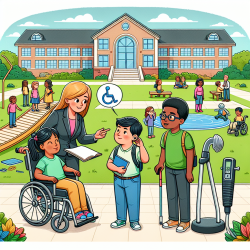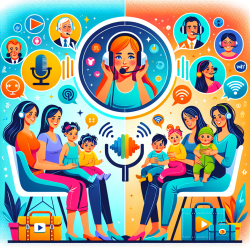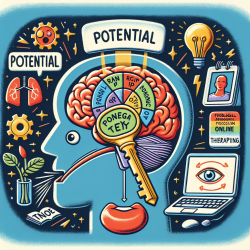Understanding the Impact of ADA on Private Schools
Private schools play a crucial role in providing education to students, including those with disabilities. Understanding the implications of the Americans with Disabilities Act (ADA) and the Individuals with Disabilities Education Act (IDEA) is essential for these institutions. Let's delve into how these laws affect private schools and what they mean for students with disabilities.
ADA: Ensuring Accessibility and Non-Discrimination
Title III of the ADA is a pivotal component that prohibits discrimination by public accommodations, which includes private schools. This title mandates that private schools:
- Eliminate unnecessary eligibility standards that hinder access for individuals with disabilities.
- Make reasonable modifications in policies, practices, and procedures to accommodate students with disabilities unless it fundamentally alters the program.
- Provide auxiliary aids like interpreters or note-takers to ensure effective communication, unless it poses an undue burden.
It's important to note that Title III does not cover religious institutions, so private schools directly operated by religious entities are exempt from ADA requirements.
IDEA: Limited Rights for Private School Students
The IDEA presents a different scenario for private schools. The law specifies that parentally placed private school children with disabilities do not have an individual right to receive the same special education services they would in a public school setting. Instead, services are provided through proportionate share funding, which is limited based on the number of students with disabilities served by private schools.
Parents should be aware that:
- There is no guarantee of access to a due process hearing if they disagree with the services provided.
- Their recourse is through a state complaint procedure, which may not offer the same protections as IDEA in public schools.
Changing Rights with School Transfers
When parents move a child with a disability from a public to a private school, the child's rights under IDEA change significantly. Specifically, these students are no longer entitled to a Free Appropriate Public Education (FAPE) and other key rights and protections under IDEA. Unfortunately, there is no legal requirement to inform parents about this change when enrolling their children in private schools.
Conclusion
For parents and private schools, understanding the nuances of ADA and IDEA is crucial for ensuring that students with disabilities receive appropriate support and accommodations. While ADA offers a framework for accessibility and non-discrimination, IDEA presents limitations in the rights and services available to students in private schools. Awareness and proactive communication can help bridge these gaps and foster a more inclusive educational environment.
For more information, please follow this link.










